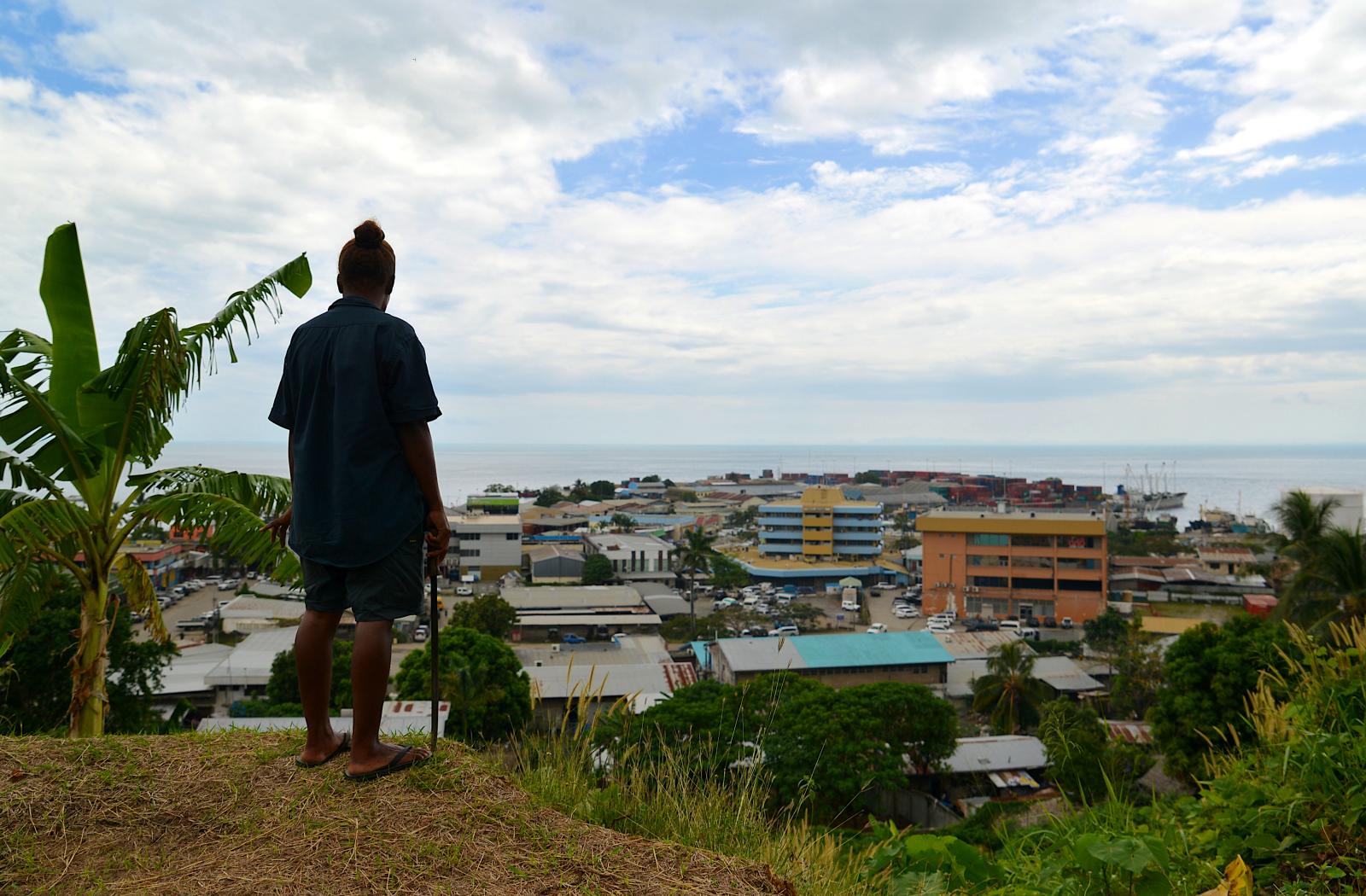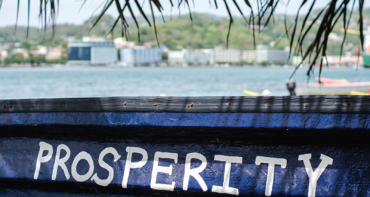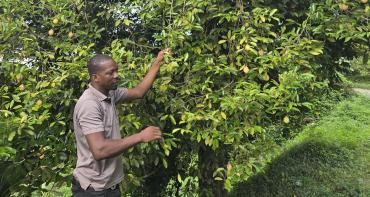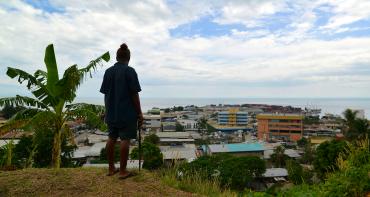Ahead of the World Trade Organization’s (WTO) 12th Ministerial Conference (MC12) starting on 12 June 2022, the Commonwealth Small States Office (CSSO) in Geneva organised two virtual workshops to assist small states with their preparations for the ministerial meeting.

The first workshop held on 24 May 2022, involved senior officials from Geneva, Brussels and capitals. The second workshop, held from 25-26 May 2022, focused on the Pacific island nations and was jointly organised with the Pacific Islands Forum Secretariat and the WTO.
The workshops updated Commonwealth small states on recent and ongoing developments regarding possible outcomes at MC12, pursuant to the previous CSSO preparatory workshops held last November. The discussions focused on key MC12 negotiating issues such as Fisheries Subsidies, Agriculture, WTO pandemic response (including a possible TRIPS waiver agreement), WTO reform and the new emerging issues including the Joint Statement Initiatives and Trade and Environment Sustainability initiatives. Issues were examined and assessed from the perspective of small state and Pacific small island developing states’ economic and trade priorities, especially as they seek to recover economically from the COVID-19 pandemic.
The small states workshop was opened by Brendan Vickers, Head of International Trade Policy at the Commonwealth Secretariat, while Paulo Kautoke, Senior Director of Trade, Oceans and Natural Resources opened the workshop for the Pacific members. Both noted the fraught geopolitical context of MC12 and the mounting global food and energy crises.
They said, “This has highlighted the vulnerability of many of our smaller members who, directly or indirectly, rely on critical commodities and food imports. The stability of an effective rules-based global trading system offers the best framework to manage geopolitical tensions, as well as to enable an inclusive and sustainable recovery in world trade”.
MC12 seeks to reach a meaningful agreement on prohibiting harmful fisheries subsidies that deplete oceans of this resource. This sector is of paramount importance to many smaller Commonwealth members, where the healthy supply of fisheries resources and their ability to sustainably harvest and grow this sector is critical to their future economic prosperity.
Furthermore, MC12 will aim to create a robust WTO pandemic response framework to deal with the economic aftermath of the current and future health crises and pandemics. As many small states are net importers of vaccines and other COVID-related products and technologies, a potential agreement that tackles how the WTO’s Intellectual Property framework could begin to address these challenges will be an important component of the WTO’s ability to help address critical public health challenges. Furthermore, WTO members will seek to launch a process to strengthen and reform the WTO, ahead of MC13.
Concluding the workshops, CSSO Trade Advisers Kim Kampel and Tanvi Sinha highlighted that the outcomes of MC12 will be crucial to restore the stability of the multilateral trading system. MC12 will likely set the stage for further evolution of several processes and work programmes after MC12 and towards MC13. How smaller members engage with these new realities going forward will be essential to enable them to proactively shape future balanced, development-friendly global trade rules, in accordance with their national and regional socio-economic priorities.
The workshop complements a trilogy of WTO MC12 preparatory events that the CSSO Trade Advisers held over October and November 2021 for small states and the Pacific and Eastern Caribbean regions. MC12, which was scheduled for 30 November to 3 December 2021, was postponed after an outbreak of a particularly transmissible strain of the COVID-19 virus.
The Secretary-General of the Commonwealth, The Rt Hon Patricia Scotland QC, will be attending MC12 as a Guest of the Conference Chair and to sign a Memorandum of Understanding with the WTO to enhance cooperation and support to member countries.



